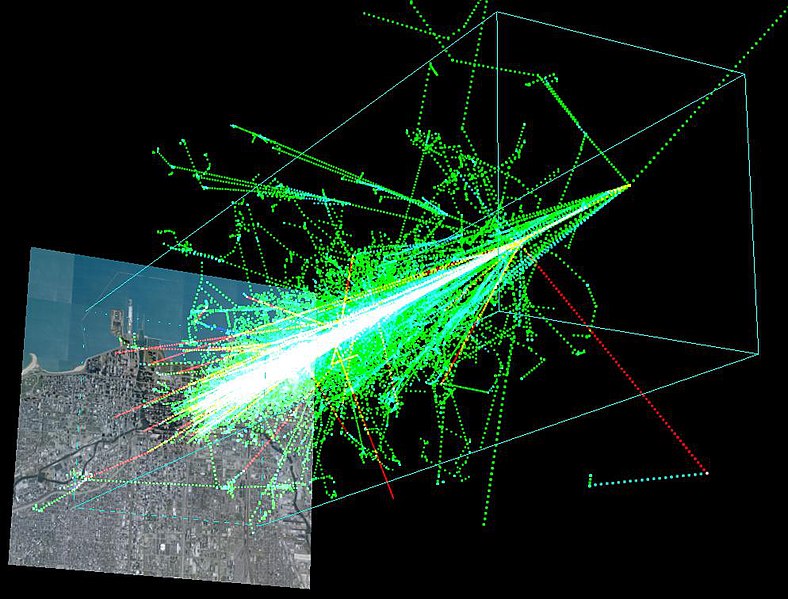We compromise our sleep in an attempt to create more time. But in trying to cheat sleep we only end up cheating ourselves.
According to research conducted by Michele Bellesi of the Marche Polytechnic University in Italy and published in the Journal of Neuroscience, our brain starts to “eat itself” when we are deprived of sleep.
When we sleep, astrocytes, star-shaped glial cells of the central nervous system, clean out worn-out cells and debris and rejuvenate the brain. During this process, our brain eliminates irrelevant memories, holding onto what’s vital. In this way, the brain makes room for new memories.
However, when we are sleep deprived, the brain goes overboard with the clearing process and starts to harm itself instead.
Scientists conducted the research by analyzing the brains of mice that had regular sleep, spontaneous wake, sleep deprivation, and chronic sleep deprivation.
Researchers discovered that sleep-deprived mice had more active astrocytes than well-rested mice, which suggests that astrocytes start breaking down more of the brain’s debris, which means the brain appeared to begin eating itself.
Research leader Michele Bellesi said, “We show for the first time that portions of synapses are literally eaten by astrocytes because of sleep loss.”
“But it may cause harm in the long term, and could explain why a chronic lack of sleep puts people at risk of Alzheimer’s disease and other neurological disorders.”







